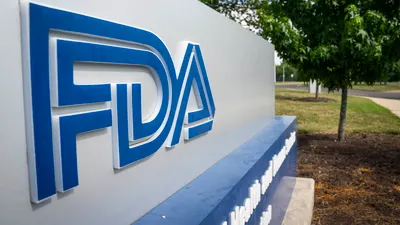FDA Calls for Continued Research Amidst Safety Concerns in Moderna's Infant RSV Vaccine Trials

The FDA has raised concerns over safety signals in Moderna's RSV vaccine trials, particularly focusing on the imbalance of severe lower respiratory tract infections in infants who received the mRNA-based vaccines mRNA-1345 and mRNA-1365[1]. An FDA advisory panel echoed these concerns and recommended accruing more safety data to better understand the effects and safety mechanisms of these vaccines while partially pausing trials in young children[2]. The committee has not called for a complete halt to the trials, suggesting that careful continuation could yield important insights into the pediatric safety of Moderna’s RSV vaccine candidates amidst competing solutions in the market[3].
References
Explore Further
What specific additional safety data does the FDA require from Moderna's infant RSV vaccine trials to address current concerns?
How does the partial pause in trials impact the timeline for the potential approval and market release of Moderna's RSV vaccines for infants?
In what ways might the effectiveness of the antibody Beyfortus be compromised post-vaccination with Moderna's RSV vaccine candidates?
What considerations are being made to ensure the safety of infants participating in future RSV vaccine trials?
How do alternative vaccine approaches like Sanofi's monoclonal antibodies or Pfizer's maternal immunization offer advantages over the mRNA-based RSV vaccines in terms of safety and efficacy for infants?